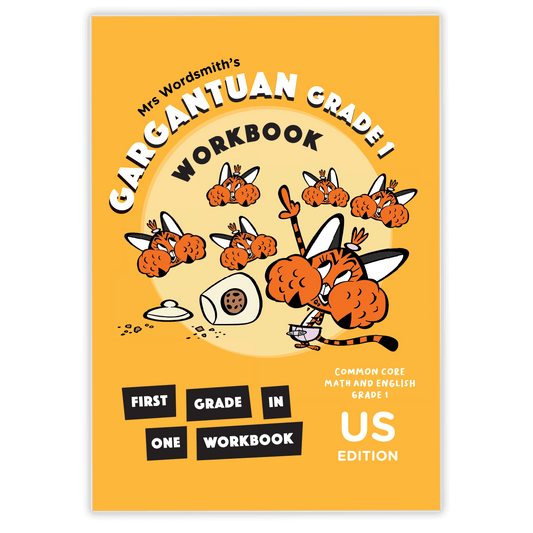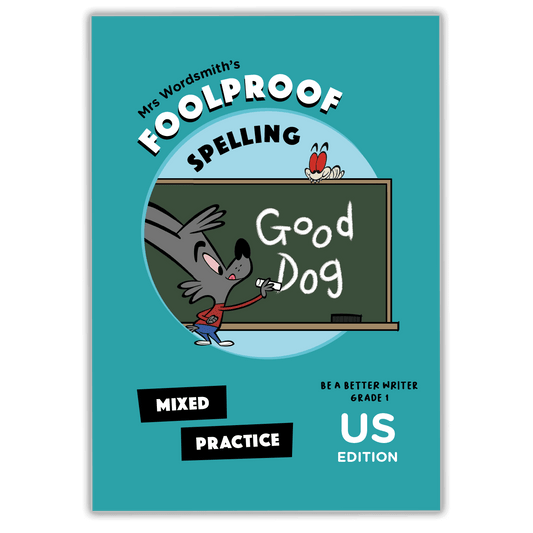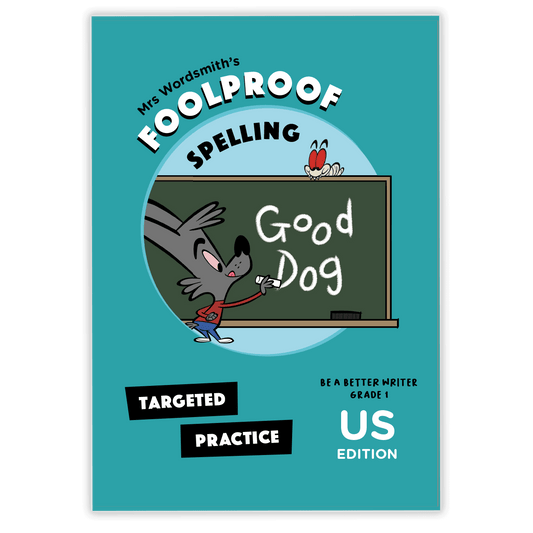Table of Contents:
- So, what can you do as a parent to make reading enjoyable for your child?
- Be excited about books!
- 3 steps to get the most out of reading together:
So, what can you do as a parent to make reading enjoyable for your child?
First, try to build reading into your child’s daily routine and avoid a pressurised environment. It’s important for children to experience success, so make sure that texts are of the right level for your child – texts that are too difficult can be discouraging, while anything overly simple risks reducing your child’s sense of achievement. We hope that parents will engage in their children’s reading choices, sometimes reading the same books, sometimes reading with them so you can discuss the text together.
Be excited about books!
Children need to see their parents as readers too. To help your child read widely, introduce them to poetry, non-fiction, newspapers, and magazines. Words are everywhere and the opportunities to read to your child are everywhere as well. It’s up to parents to show their children what a healthy reading habit looks like. When you’re reading, they should be reading too.3 steps to get the most out of reading together:
-
Read anything and everything aloud.
You might not know this but according to researchers Cunningham and Stanovich, “popular magazines have roughly three times as many opportunities for new word learning as does prime time television and adult conversation.” The average conversation between college graduates contains 17.3 rare words per 1000 words, whereas popular magazines average at 65.7 per 1000. So instead of reading that article at breakfast in silence, read it aloud. It’s full of useful vocabulary!
-
Read fewer pages with more care.
Finishing book after book, day after day, is no use if your child hasn’t understood any of it. Meaningful reading doesn’t mean you have to carve out hours every day to rush through as many books as possible. It’s better to read 1 or 2 pages carefully, paying attention to detail, than it is to spend an hour reading an entire book at lightning speed.
-
Talk about the things you read.
Show your child the value of being engaged and interested in reading. Try a new rule at the dinner table: phones are only allowed if they are being used to google something that adds to the conversation. Encouraging your child’s natural curiosity can get them a long way. When they start a new book, ask them to guess how it will end. Can they get it right?
The benefits of reading are immeasurable, and helping foster a love of literature is one of the greatest gifts you can give a child. And of course, your child’s teachers will thank you for it too!
Emma Madden is currently Head of School at Fox Primary School. Fox has been the highest performing primary school nationally for 3 years running and is Ofsted rated Outstanding (2009). In her role, Emma delivers extensive training to qualified teachers around London and works in an advisory capacity to many schools, coordinating school-to-school support.

















 https://mrswordsmith.com
https://mrswordsmith.com
Comment
Leave a comment